Despite trying to return to normalcy with the relaxation of the prohibitory orders enforced to curb and control the second wave of the coronavirus pandemic, Nepal is still highly vulnerable to the third wave of coronavirus pandemic.
The country also witnessed natural disasters such as floods and landslides in the recent past. There are several national and international non-governmental organizations endeavoring to mitigate the hazards of such disasters.
Among a few hard-working INGOs working to bring substantive change in the lives of people, Project HOPE has registered itself in the top position. Khabarhub talked to Emilija Dukovski, Country Lead of Nepal, Project HOPE on various issues. Excerpts:
How do you analyze the current situation of COVID-19 in Nepal?
Currently, as we can see, the cases of coronavirus are decreasing in Nepal and around the world. I am happy to see that the government and the hospitals haven’t taken their guard off.
They are already preparing for the third wave; both in terms of increasing the capacity of hospitals as well as providing training for the medical professionals.
I, therefore, do see that Nepal is responding to the situation at its fullest like any country in the world which is experiencing such a pandemic-induced crisis.
How do you see the Nepali people responding to the crisis in terms of coping with the pandemic such as wearing masks, changing their habits to comply with health safety standards?
Actually, we have gained several experiences from different parts of Nepal. I was lucky enough to visit some other cities and provinces outside, besides Kathmandu.
What we noticed was that in Kathmandu, the majority of the people wear masks. But as you go to the remote areas, this is not the case. We tried to do a little assessment and question as to why this is happening.
As you said in rural areas most people are not aware of the safety precautions. As a health professional, did you aware rural people of the health safety precautions?
We are working directly with health professionals. We hope that through them we can reach the general population as well.
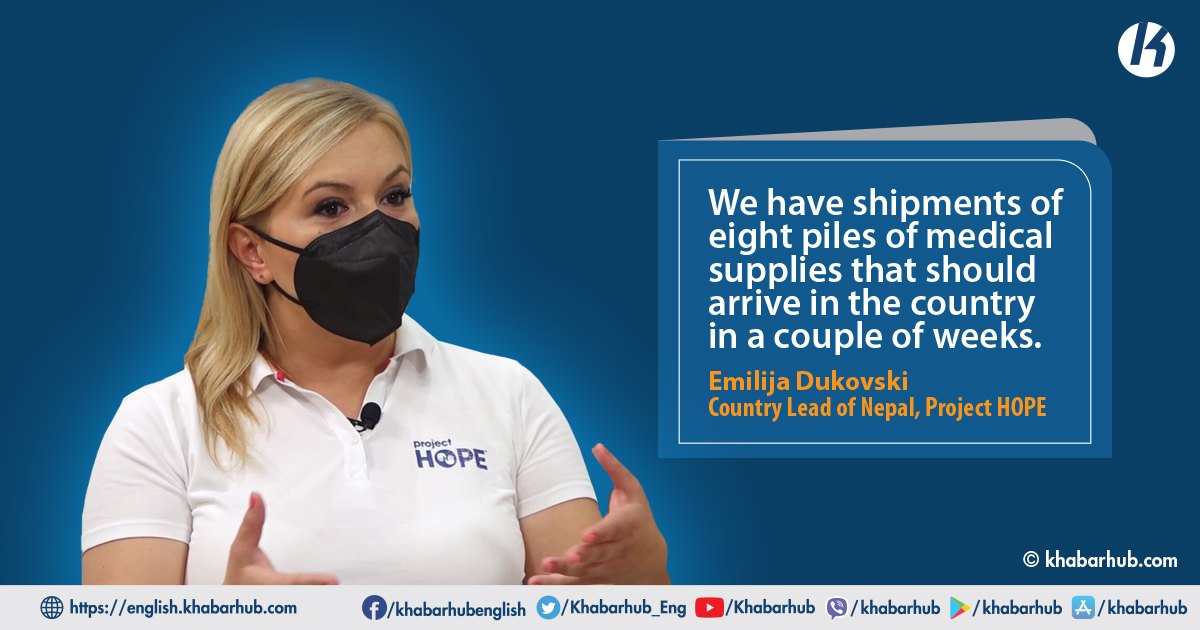
During this second wave, how do you see other countries and international communities supporting Nepal?
We have seen many countries have supported Nepal. I do want to say that Nepal still needs additional support, including vaccines, from other countries.
This is something that has been a real challenge not only to Nepal but to all other countries suffering from the pandemic. Knowing that vaccination is available to somewhat below three percent, I think, this is something Nepal’s health system should address, and will be addressed soon.
How do you see the situation of the hospitals and health workers in Nepal?
I visited quite a few hospitals in the Lumbini Province. Therefore, I cannot talk about the situation of other hospitals.
But I could see the dedication of the medical persons working there and also the efforts of the government and the ministries to support them. So, we can just say that they should continue their great work.
What is your team’s main mission in Nepal?
The mission of Project Hope is to place power in the hands of health workers in order to save lives around the world. So, this is how we started our activities and responses in Nepal.
With the support from our partner Pratiman Neema Memorial Foundation to organize training about the COVID-19 about one year ago, we trained over ninety trainers with Training for the Trainers (TOT) programs.
The training was given to over 1,800 medical professionals in the country related to curbing COVID-19 in general. Additionally, we are also implementing a program through a training program for health care workers on vaccination and the vaccine process with a special focus on the resistance to vaccination to the general population.
This has been implemented in the last couple of weeks very successfully. We have a couple of hundred participants every day. We get very good feedback from them. We do hope this will be implemented in the future.
In addition to that, with our partner Pratiman-Neema Foundation, we supported the procurement of medical supplies, protective equipment from oxygen cylinders, oxygen tanks for Lumbini Province for all 12 districts in 13 hospitals and six isolation centers.
This is what has been done so far. In the pipeline, we have shipments of eight piles of medical supplies that should arrive in the country in a couple of weeks. So we hope that this will be the beginning of our collaboration and our presence here in Nepal.
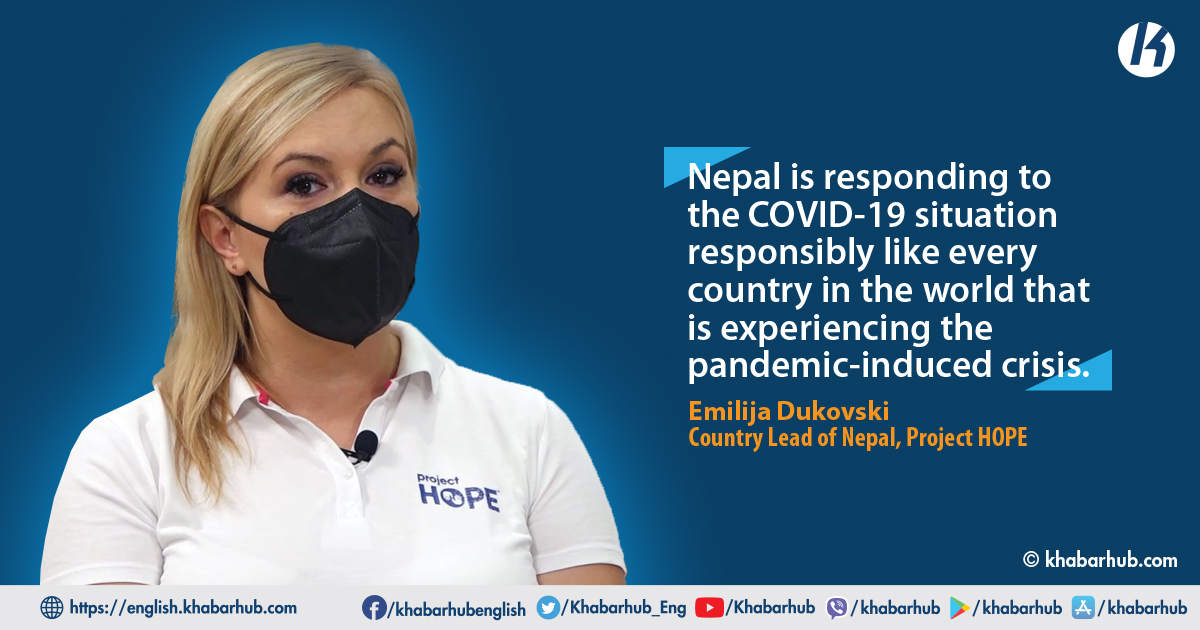
You said that you observed the situation in other provinces as well. Are you going to extend your program in other provinces as well?
To be honest, while meeting the government leaders (recently we had the opportunity to meet the Prime Minister), the head of the COVID-19 Crisis Management Center, the Health Minister of Lumbini Province, and doctors, nurses, and medical professionals for the feedback.
What we got as a request from everyone was to focus on the vaccination process and the availability of vaccines in the country.
So, this will be a focus of our mission to support. I will use this week, additionally, visiting some of the hospitals in Kathmandu as well. Here the needs from the people are actually underground working with patients. But in general, I can say that we will focus on the vaccine process.
What’s the latest update that you have got in that direction while discussing with the government?
As I said the focus has always been on vaccines and getting vaccines as soon as possible because we are facing a possible third wave and Delta variant of COVID 19.
The preparedness and the awareness of the management of the hospitals that they should be better prepared for the next wave especially because they consider that children will be the most affected.
They also request that they should get training for pediatric patients of COVID 19. I am pleased to see that they have not put their guards off and they are preparing to support the people of Nepal.
How are the government authorities actually responding to the preparation for vaccination?
I can only say what we have been doing. Meanwhile, I believe that the government, too, is doing its best. It is a competitive process around the world and we are experiencing challenges everywhere. I can only say that we will do our best to support the government in the process.
Project Hope is an international project. Have you ever thought about having a Project Hope organization here?
Actually, we are currently exploring options to establish an office in Nepal so that we can support the people of Nepal for a longer period of time. It is strategically one of our focus countries at the moment. So, I do hope that we will have a long-lasting presence in the country.
In addition to vaccination and awareness-related programs, what else are you planning to do in Nepal?
Probably the next month, we will start the implementation of programs for mental health and resilience for healthcare workers that work in the pandemic.
We have seen that the doctors and health workers are already exhausted and we believe that supporting them will prepare them for better performance in the future by strengthening their capacities.
So, we hope that this will be very well-accepted by medical professionals. This will be done again with the partnership with Pratiman-Neema Memorial Foundation on a country level, but not only in a specific province.
This is something that is confirmed. But, we hope that in the future we will also focus on other areas as well. Project Hope is an international organization and we work not only on disaster response and preparedness but also on mother and child health programs, non-communicable diseases, infectious diseases and we do hope that many of those programs can be implemented in Nepal, of course, depending on our supporters as well.
What suggestions do you want to give to the common people of Nepal?
To the general population, I would just like to say that the doctors, the nurses, the medical professionals in the hospitals are doing their best.
But we too need to help them by protecting ourselves by wearing masks, and keeping social distancing. I believe that’s the only way we can support them.


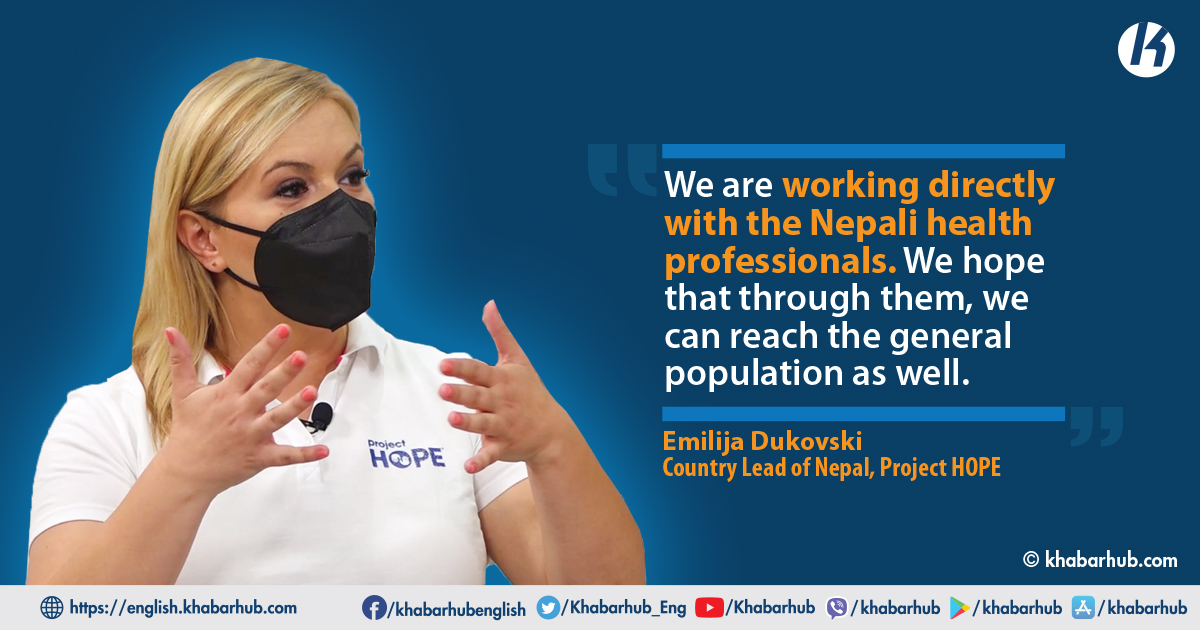
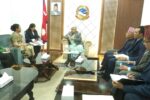
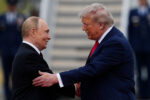
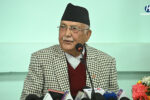
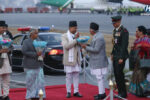
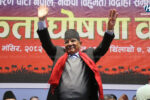

Comment